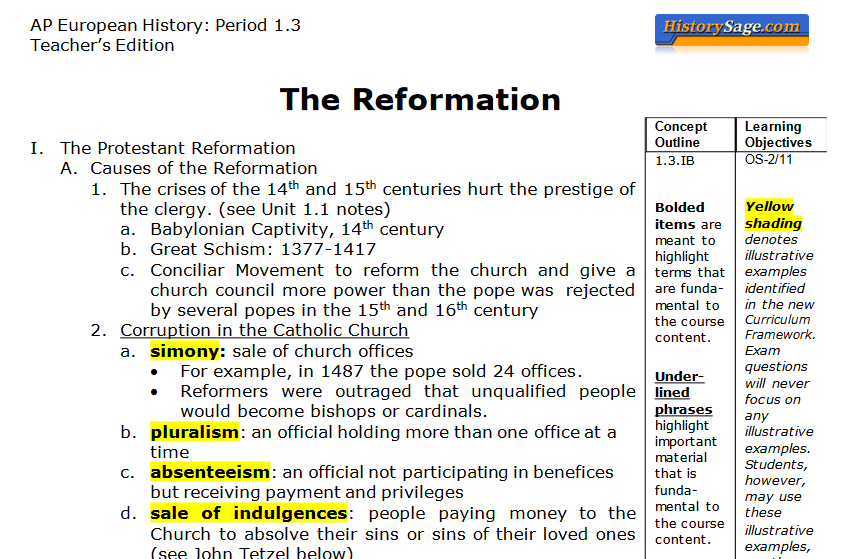
So far, we’ve seen a ton of political change and continuing warfare in the midst of the seventeenth century’s little ice age, and history often focuses on these types of political and military stories, but there were also other changes occurring: shifts in how people perceived the everyday world. Hi I’m John Green and this is Crash Course European History. Want to find Crash Course elsewhere on the internet?
#Ap european history enlightenment quiz coursenotes free#
Thanks to the following patrons for their generous monthly contributions that help keep Crash Course free for everyone forever:Įric Prestemon, Sam Buck, Mark Brouwer, Indika Siriwardena, Avi Yashchin, Timothy J Kwist, Brian Thomas Gossett, Haixiang N/A Liu, Jonathan Zbikowski, Siobhan Sabino, Zach Van Stanley, Jennifer Killen, Nathan Catchings, Brandon Westmoreland, dorsey, Kenneth F Penttinen, Trevin Beattie, Erika & Alexa Saur, Justin Zingsheim, Jessica Wode, Tom Trval, Jason Saslow, Nathan Taylor, Khaled El Shalakany, SR Foxley, Yasenia Cruz, Eric Koslow, Caleb Weeks, Tim Curwick, David Noe, Shawn Arnold, Andrei Krishkevich, Rachel Bright, Jirat, Ian Dundore New York: Oxford University Press, 2019.Ĭrash Course is on Patreon! You can support us directly by signing up at Making of the West: Peoples and Cultures.

In this video, you'll learn about the ideas of Voltaire, Rousseau, Montesquieu, Kant, Smith, Hume, and a bunch of other people whose ideas have been so impactful, they still influence the way we think about the world today. This week, we're talking about the Enlightenment.

Well, prepare yourself for something a little more positive.

So far in this series, we've covered a lot of war, disease, climate disaster, and some more war.


 0 kommentar(er)
0 kommentar(er)
